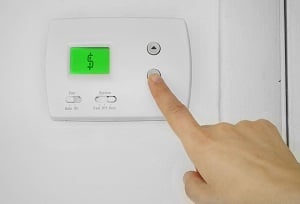Your HVAC system works hard to keep the temperature of your home comfortable throughout the year. Unfortunately, this hard work causes the mechanical components of your system to wear out and eventually need repair or replacement. Whether your system needs minor repairs, major repairs, or total replacement, it’s important to recognize signs that you need HVAC repair in Snellville, GA. Here are a few things to watch for.
Strange Noises
Most people don’t notice how the HVAC system sounds when it’s running until it sounds different. There are numerous unusual sounds that could indicate different problems; the important thing is to recognize when something sounds different and to call for HVAC repair service in Snellville, GA, as soon as possible. Common sounds indicating the need for repair include a high-pitched whistling, buzzing or humming, clanging metal, rattling sounds, or a loud pop when the system kicks on.

Unusual Cycle Lengths
Changes in the cycle length of your HVAC system can also indicate a problem. In some cases, the system will short cycle, which means it turns on frequently, but only runs for a short period of time. This could either mean you need a repair or that the wrong size of unit was installed for your home in the first place. On the other hand, when your system is struggling to cool or heat the home to the temperature set on the thermostat it may run for a longer than normal period of time. This is due to one or more failing components.
Uncomfortable Temperature
If you find that the temperature in your home is increasingly uncomfortable, even though no one has changed the thermostat settings, you likely need repair services. This is true even if you find that only certain areas of the home are suddenly too hot or too cold.
Higher Utility Bills
If you’ve noticed a gradual or sudden increase in your utility bills, it’s likely due to your HVAC system since it uses most of the energy in your home. An increase in energy use can result from inefficiencies in your system or simply from the fact that your unit is failing and using more energy as it works harder to make up the difference.

